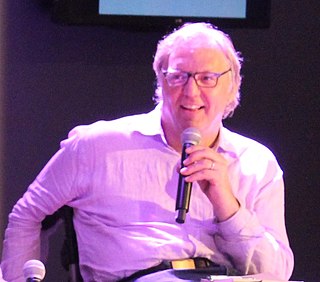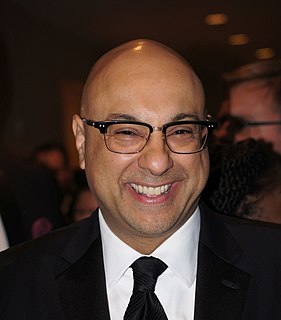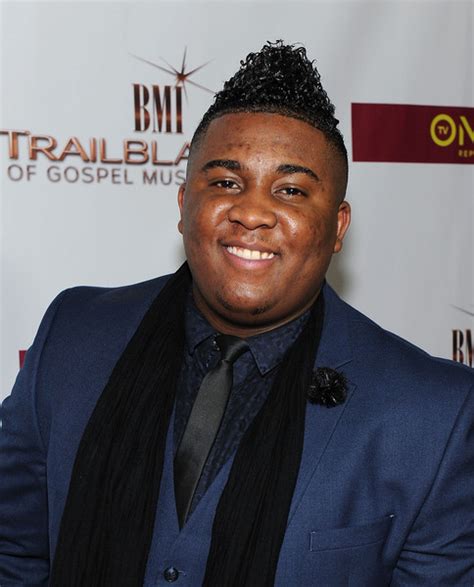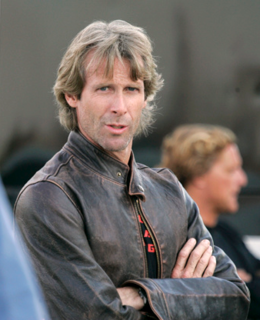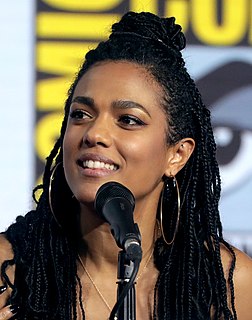A Quote by John Hockenberry
I think everybody in news understands that the audience that watches for more than an hour is not your target audience - because those people are on life support.
Related Quotes
The weakness of cable news is that it chases its audience around. Your audience wants fast-paced, popular news. It needs real news. Cable news changes its stripes based on audience reaction. Viewers are reacting well to breaking news? You probably do more breaking news than you need to. The struggle is building something so that people will come to you, as opposed to constantly changing what you are because you're unsure of where the audience is.
Smart brands never try to appeal to more than their audience group. Assuming you're audience is one of the segments that watches, it's your chance to galvanize this specific group, which is larger here than anywhere else, with a bold new idea that can re-magnetize the human/brand connection for a new year.
It's very important that a film that intends to play tricks on the audience... has to play fair with the audience. For me, any time you're going to have a reveal in the film, it's essential that it have been shown to the audience as much as possible. What that means is that some people are going to figure it out very early on. Other people not til the end. Everybody watches the film differently.
A lot of people that I know are bugged with the idea that they have got to have an audience, or they have got to be liked. I think the more that you fall into that trap it makes your own life harder to come to terms with, because an audience appreciation is only going to be periodic at the best of times.
Just in higher education alone, more people go to college now, by enormous amounts, than went to college in the '50's and '60's. So that represents a whole new literate public that's a consumer of literature, of news, of print, of, you know, opinion. And that's a bigger audience and much more diverse audience than it used to be.
All "bad" presentations struggle to keep the audience interested. The audience squirms wishing they could escape. The audience has given the presenter an hour of their life, so they want that hour to be useful. It's disrespectful of a presenter to not show up rehearsed and prepared with information and insights that will improve the lives of the audience in some way. Presenting will do only one of two things for you: it will either diminish your credibility or yield results. Most bad presentations hurt the presenter's credibility.
I'm confused about who the news belongs to. I always have it in my head that if your name's in the news, then the news should be paying you. Because it's your news and they're taking it and selling it as their product. ...If people didn't give the news their news, and if everybody kept their news to themselves, the news wouldn't have any news.
We played a show the other week at this festival and it was an audience that I'd never normally play in front of. That's one the greatest things about festivals: you don't always get your audience, you get people who just pop in out of curiosity. The reaction was amazing; there were people dancing, which we've never had, I guess because the message is pretty powerful and the performance is a lot more visceral than it has been previously. The audiences seem to be reacting to that really well and it's a wonderful thing, because at a performance you really bounce off your audience.
I found a lot of comfort in the fact that 30-odd people have been companions before me. I think that when there are so many people contributing so many things to the show, all you can do is make it your own. You can't try to emulate anyone, because who would you pick? The companions are very much the everyman, and the audience watches the story through their eyes, so they could be the person next door. And everybody's different.
